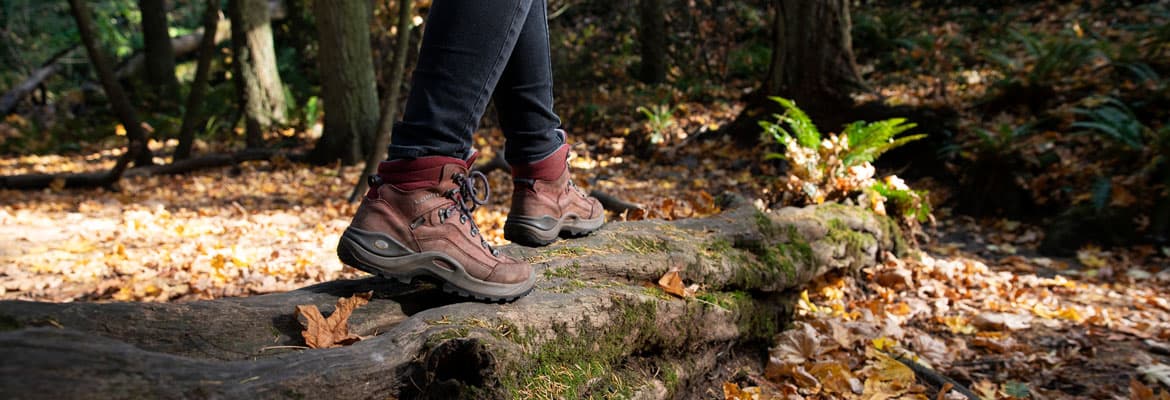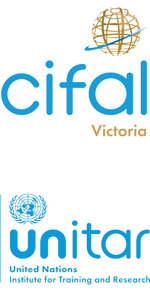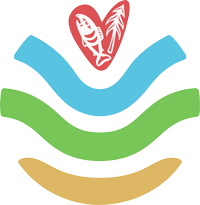The Restoration of Natural Systems (RNS) diploma is a dynamic, interdisciplinary, credit program that provides comprehensive knowledge and skills to those interested in the rapidly emerging field of ecological restoration. Learn about the most current restoration practices from experienced and knowledgeable instructors, surrounded by peers who share your passion for the natural world.
If you have completed at least two years of an undergraduate degree, or its equivalent, and are looking for a recognized credential that will demonstrate your ability to undertake successful ecological restoration projects, this program is a good fit. If you already have an undergraduate degree in a related discipline, you might consider the shorter RNS certificate program.














